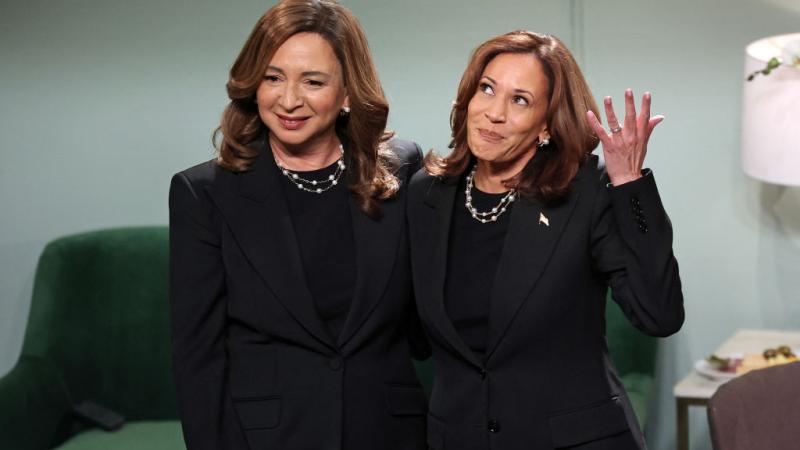DC bar restores status of convicted ex-FBI lawyer who deceived the FISA court during Russia probe
Typically, a case like Kevin Clinesmith's would end in disbarment, but not this time
Kevin Clinesmith, the former senior FBI lawyer who was placed on probation as a convicted felon for falsifying a surveillance document during the Trump-Russia investigation, has been returned to "good standing" as a member of the D.C. Bar Association.
In August of 2020, Clinesmith pleaded guilty to doctoring an email that was then used to justify a surveillance warrant that targeted former Trump campaign adviser Carter Page. As a result, Clinesmith was sentenced in January to 12 months probation, though the D.C. bar did not seek his disbarment.
In June 2017, Clinesmith changed the wording in a CIA email to state that Page was "not a source" for the spy agency, when in fact Clinesmith and the FBI had been informed on multiple occasions that Page had been a CIA asset for years.
Had the Foreign Intelligence Surveillance Court understood as much, the information would have severely undermined the FBI's argument for electronically monitoring Page on suspicions of him acting as a Russian agent.
Five months after Clinesmith initially pleaded guilty, the D.C. bar temporarily suspended his license pending a review and hearing. Typically, the bar automatically suspends the law license of any attorney who pleads guilty to a felony. In September, the decision was made to to let him off suspension with time served and return his status to "active member" in "good standing."
According to a Real Clear Investigation, Clinesmith, until last summer, volunteered at D.C.-based nonprofit Street Sense Media, an organization that "uses a range of creative platforms to spotlight solutions to homelessness and empower people in need."
Clinesmith had been sentenced to 400 hours of community service volunteer work. The bar, however, did not check with his probation officer to ensure he had completed the requirement, according to the probe.
The RCI report also indicates that officials with the D.C. bar did not check in with the FBI's Inspection Division to attempt to figure out whether Clinesmith was involved in any other surveillance abuses, beyond the one used against Page.
While the D.C. Bar has consistently behaved questionably with regard to Clinsemith's case, the Michigan Bar, of which he also is a member, suspended him automatically on the day he pleaded guilty. The state bar's attorney discipline board also suspended him for two years and fined him $1,037.
The board found that Clinesmith's actions were "contrary to justice, ethics, honesty or good morals; violated the standards or rules of professional conduct adopted by the Supreme Court; and violated a criminal law of the United States."
















